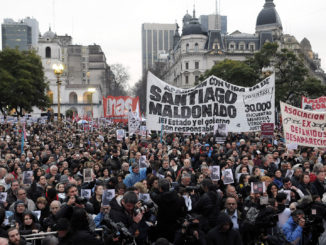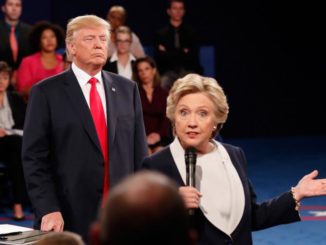
Writing While Socialist
Source: Boston Review
Editor’s Note: Over the past year, the scholar and activist Vijay Prashad taught a series of nonfiction writing workshops to students, activists, workers, and journalists across India. The workshops sought to develop an ethics and practice of socialist writing to foreground what Prashad calls “the small voices of history.” Here he talks to the poet Mark Nowak, founder of the Worker Writers School in New York City, about the political valence of socialist writing in a time of rampant populism, racism, and xenophobia. This is the second in a series of dialogues between Prashad and Nowak. Their first conversation, The Essentials in Socialist Writing, was published in Jacobin.



